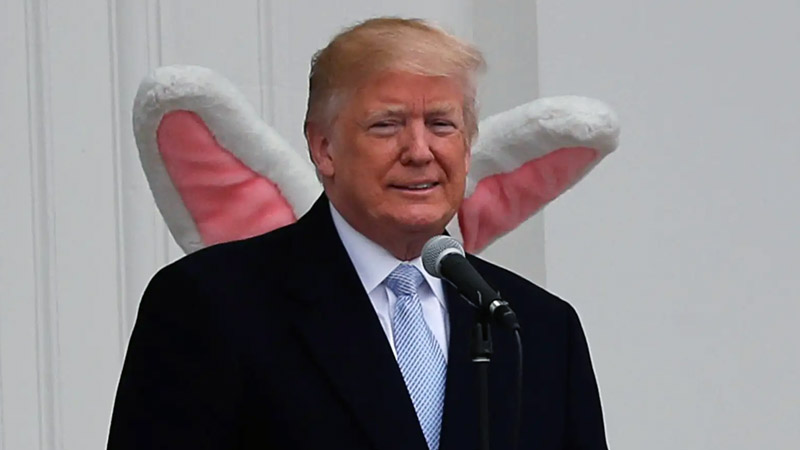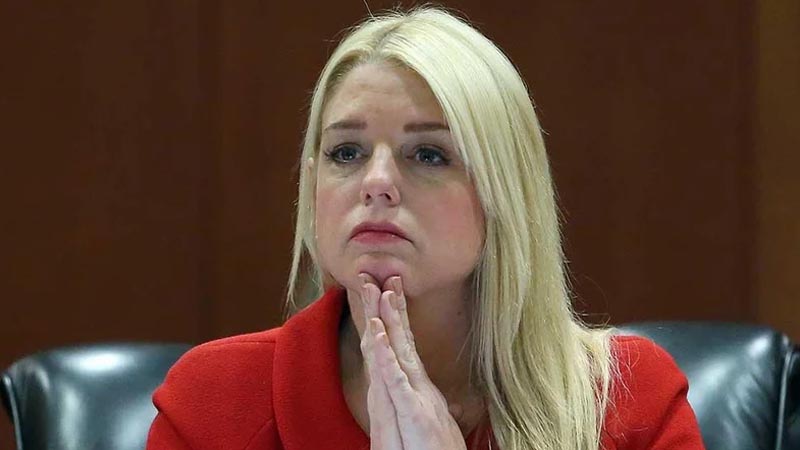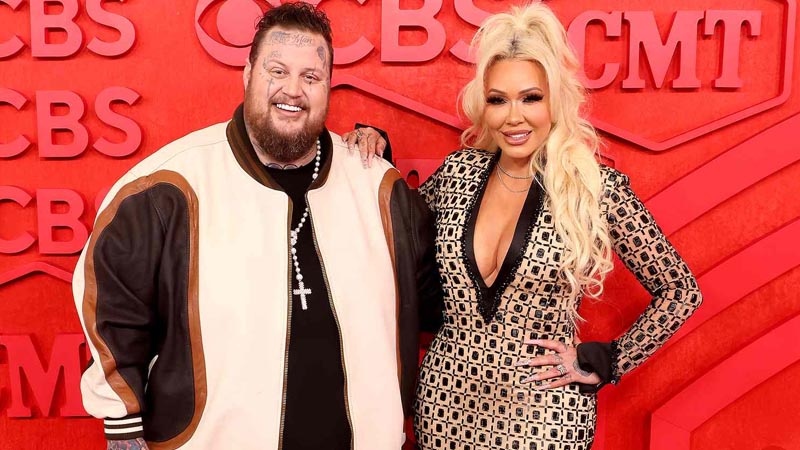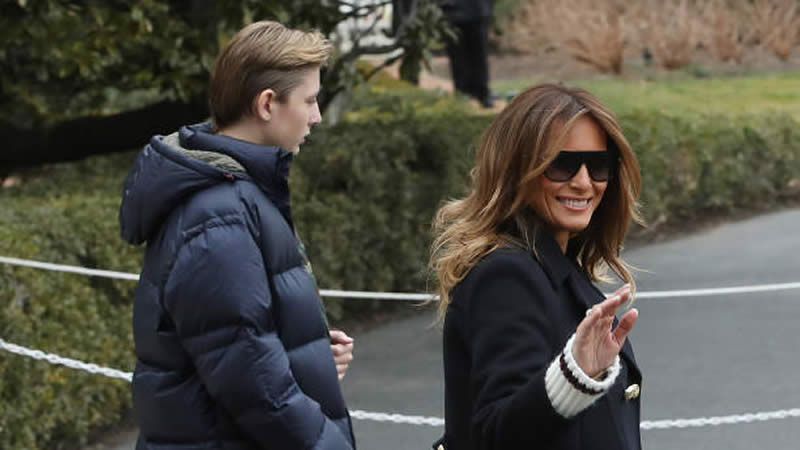Jury Selection Begins in Historic Hush Money Trial Involving Former President Donald Trump

Image: Reuters/Carlos Barria
Today marks a significant chapter in American history as jury selection commences in the hush money trial involving former President Donald Trump. This trial, unprecedented in its examination of a former commander-in-chief, also highlights Trump as the presumptive Republican nominee for this year’s election. As the trial progresses, Trump plans to continue his presidential campaign during the evenings, creating a remarkable scenario of a candidate toggling between court appearances and campaign stops.
The trial not only tests Trump but also the resilience of the U.S. justice system, as it deals with a defendant known for his vigorous attacks against the judge, the prosecuting team, and the legitimacy of the judicial system itself. Trump has characterized the legal proceedings as politically motivated by his adversaries.
Today’s proceedings will see a large group of potential jurors gathered in a New York courthouse, tasked with the crucial role of determining the case impartially and based on evidence, as outlined by Judge Juan M. Merchan. The focus is on whether Trump falsified business records to conceal a $130,000 payment made to porn actor Stormy Daniels by his then-lawyer Michael Cohen, intended to prevent her from disclosing an alleged past sexual encounter with Trump.
The defense argues these payments were legitimate legal expenses, while prosecutors assert they were recorded falsely to mask their true purpose. Trump, maintaining his innocence, has pleaded not guilty to 34 felony counts. He frames these charges—and his other indictments—as an abuse of power by Democratic officials aiming to thwart his political comeback.
As jury selection unfolds, potential jurors will face extensive questioning to ensure they can remain unbiased despite widespread publicity and strong opinions about Trump. The process will involve both standard inquiries and unique questions tailored to the case’s high profile, such as political leanings and media consumption habits.
The trial’s outcome could lead to a maximum of four years in prison for Trump, although a non-custodial sentence is also possible. Regardless of the verdict, this trial represents a profound moment for the U.S. political landscape, testing the boundaries of legal and political norms in the context of a highly polarized environment. As the trial progresses, the courthouse surroundings may also become a focal point, reflecting the deep divisions among the American public.


